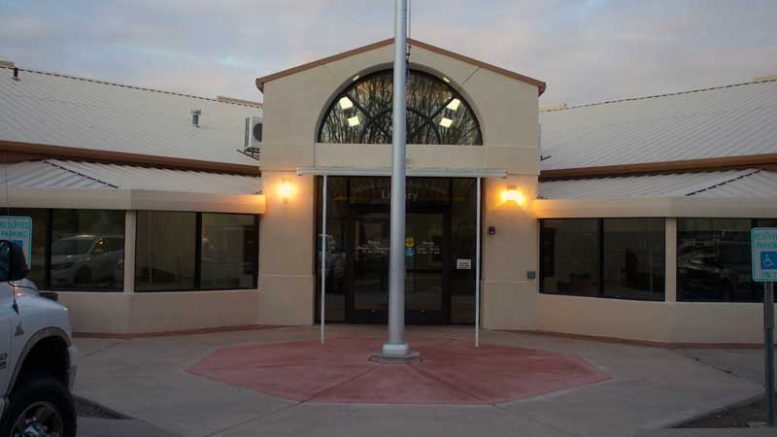SAFFORD — The Safford City-Graham County Library has been selected as one of 12 libraries to participate in the STAR Net STEAM Equity Project, a competitive grant program that will enable the library and its collaborators to offer special programs, educational products, and exhibitions. Through this project, residents of Graham County are invited join this effort to empower tweens and their families in equitable STEAM learning and career paths by building off of their existing strengths, interests, and diverse cultures.
The STEAM Equity project — where STEAM stands for Science, Technology, Engineering, Arts and Math — is designed specifically for libraries in rural communities with sizeable Latinx populations.
“We are pleased and excited to have been chosen for this opportunity” said Library Director Victoria Silva. “It is a testament to hard work by staff to continuingly bring in new programs and services to the community. Along with our collaborators, including Eastern Arizona Hispanic Heritage Corp. and the Health Department, we intend to expand our current STEAM programming and services to encourage Hispanic families, women and young girls to enter STEAM fields”.
Over the four-year project, the Safford City-Graham County Library will receive $15,000 to buy STEAM learning materials and offer programs, such as STEAM fieldtrips, especially to meet the needs and interests of tweens and their families. Other highlights will include:
· STEAM Kits, complete with educational games and tools, for our collaborators to bring learning opportunities to their clubs, events, and other outreach
· a new STEAM Exploration Space where patrons can learn and play
· three traveling STEAM exhibitions, in both Spanish and English, with games, design challenges, and interactives for youth and families
For more information and a calendar of upcoming library programs, visit www.saffordlibrary.org.
The STAR Net STEAM Equity Project is offered by the National Center for Interactive Learning at the Space Science Institute (NCIL/SSI), the American Library Association (ALA), Twin Cities PBS (TPT), Institute for Learning Innovation (ILI), and Education Development Center (EDC), with funding from the National Science Foundation (NSF).
This material is based upon work supported by the National Science Foundation under Grant Number DRL-1906172 to the Space Science Institute and Grant Number DRL-1906084 to the American Library Association. Any opinions, findings, and conclusions or recommendations expressed in this material are those of the authors and do not necessarily reflect the views of the National Science Foundation, Space Science Institute, or American Library Association.









